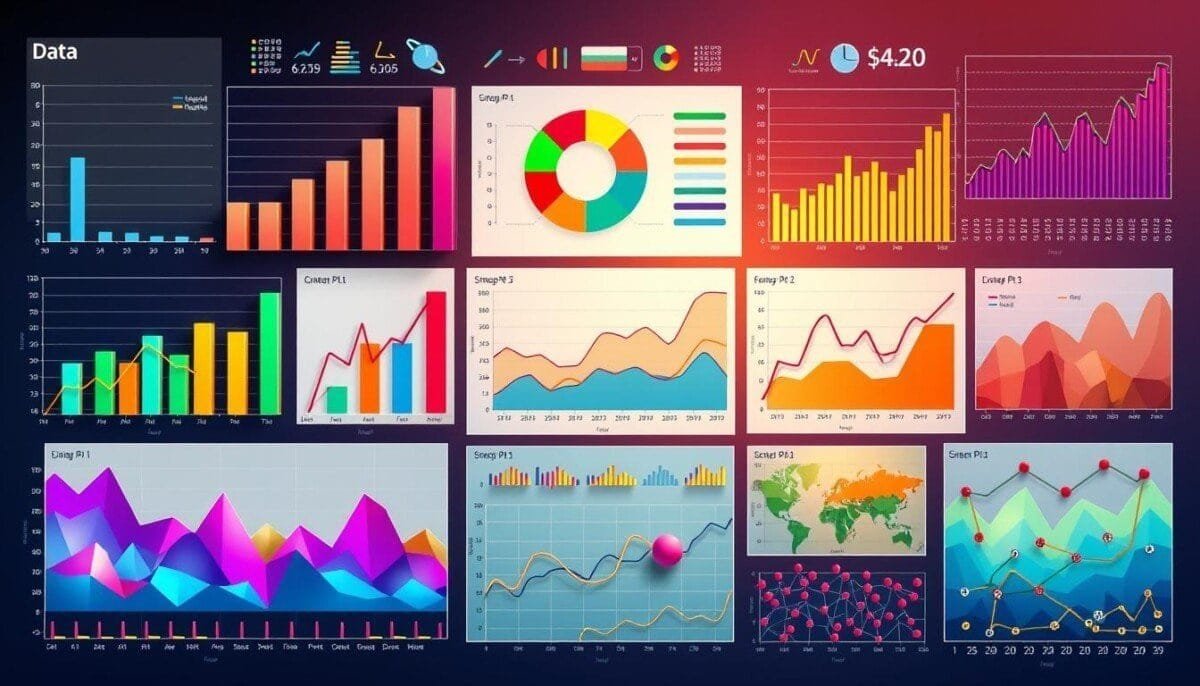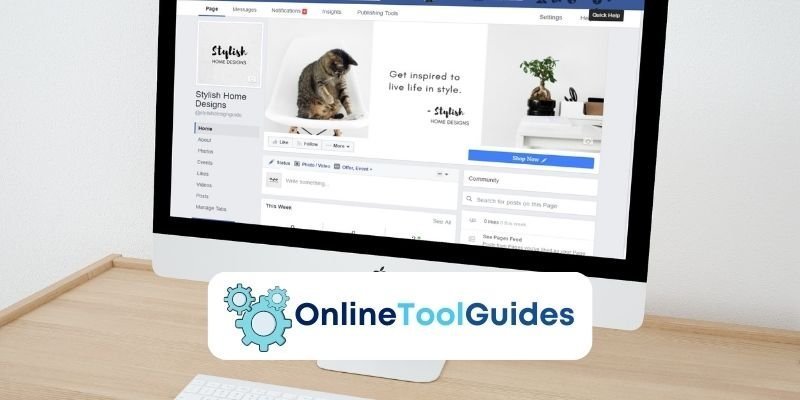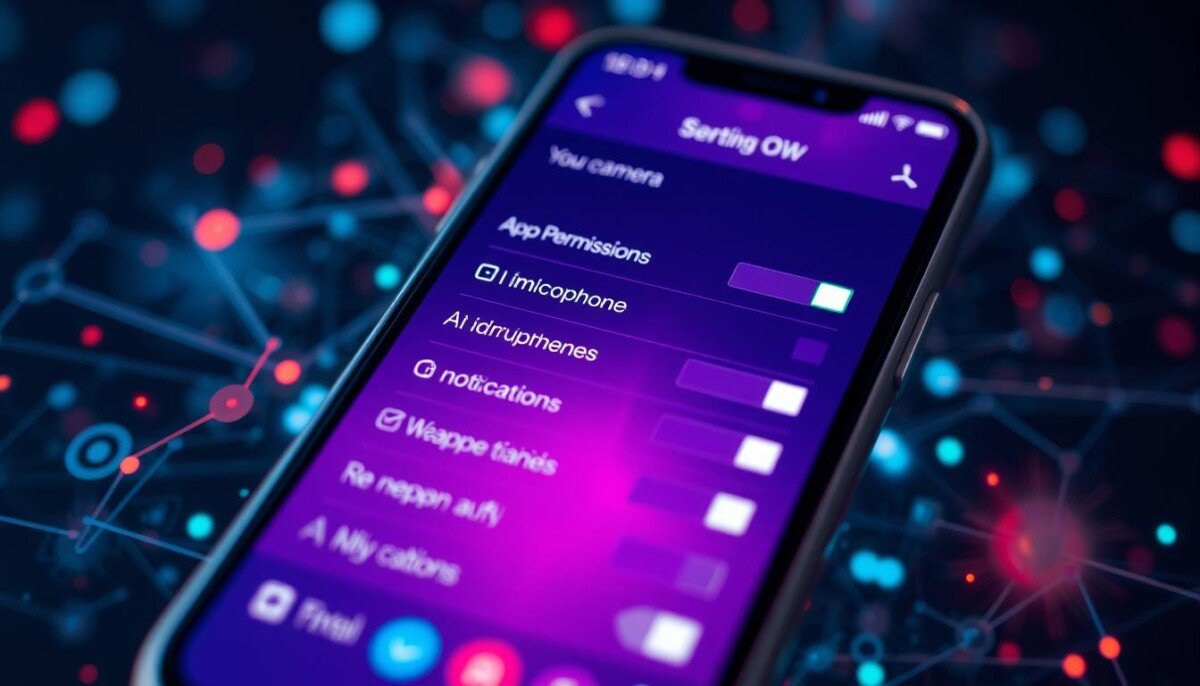What You Need to Know
- 77% of high-performing projects utilize project management software.
- 54% of workers lack access to real-time project data.
- 80% of project managers consider portfolio management crucial for success.
- Integration with other tools enhances workflow efficiency.
Did you know that a staggering 77% of high-performing projects utilize project management software, yet only 22% of organizations currently use such tools? This striking statistic illustrates the gap in technology adoption that many organizations face. Mobile project management apps are here to bridge that gap, making it easier for teams to stay connected and organized while on the go.
1. Introduction
| Feature | Description |
|---|---|
| Mobile Accessibility | Access projects on the go |
| Collaboration Capabilities | Facilitate teamwork and communication |
| Integration | Connect with other tools |
2. The Importance of Mobile Project Management Apps
In today’s fast-paced work environment, having access to real-time project data is crucial. Surprisingly, 54% of workers do not have this access, which can hinder project management effectiveness. Mobile project management apps address this issue by ensuring that team members can receive updates instantly, fostering enhanced communication and collaboration.
These apps allow teams to stay in sync, even when they are miles apart. By offering real-time updates, mobile project management tools help prevent misunderstandings and keep projects on track. With the right app, teams can access essential information at their fingertips, making project management more efficient.


3. Key Features of Effective Mobile Project Management Apps
According to recent statistics, 80% of project managers consider project portfolio management critical for business success. Effective mobile project management apps should include essential features such as task management, scheduling, and reporting capabilities to streamline project execution.
These features not only enhance productivity but also provide a clear overview of the project’s progress. Task management functionality allows teams to prioritize their work effectively, while scheduling tools ensure deadlines are met. Reporting features give insights into project performance, helping managers make informed decisions.


4. Collaboration Capabilities in Mobile Apps
Collaboration is the lifeblood of successful projects, and 61% of organizations apply a defined project management methodology to each project. Mobile project management apps enhance collaboration by bridging the gap between team members, ensuring everyone is aligned and informed.
These apps facilitate effective communication through features like group chats, file sharing, and real-time notifications. By keeping everyone in the loop, teams can work more cohesively and address challenges as they arise, leading to better project outcomes. Moreover, integrating tools specifically designed for social media management, such as Twitter automation tools for teams, can streamline the process of sharing updates and engaging with a wider audience. These tools enable teams to schedule posts, analyze engagement metrics, and respond promptly to interactions, further enhancing collaboration and communication across platforms. As a result, not only are internal workflows improved, but teams can also maintain a consistent online presence while focusing on their core projects.


5. The Role of Integration in Mobile Project Management Apps
Integration is essential for seamless project management, especially considering that 93% of organizations report using standardized project management practices. However, only 23% implement these practices organization-wide. Mobile project management apps can connect with various software tools, enhancing workflow efficiency.
By integrating with tools like calendars, email, and other project management software, these apps streamline data flow and reduce the risk of errors. This interconnectedness allows teams to work more efficiently, as they can access all necessary tools from one platform.

6. Security Features in Mobile Project Management Apps
Security is paramount in mobile project management apps, especially since 54% of organizations lack access to real-time project KPIs. Ensuring sensitive data is protected is crucial for maintaining trust and compliance with various regulations.
Features such as encryption, user authentication, and role-based access control help safeguard information. By prioritizing security, organizations can confidently use mobile project management apps to manage sensitive project data without fear of breaches.

7. The Future of Mobile Project Management Apps
The project management software market is expected to grow at a compound annual growth rate (CAGR) of 10.67% from 2020 to 2025. As technology advances, emerging tools like artificial intelligence (AI) and machine learning are set to transform mobile project management apps.
These innovations promise to enhance automation, predictive analytics, and personalized user experiences. By leveraging these technologies, mobile project management apps can become even more powerful, driving efficiency and productivity in project management.


8. Benefits of Using Project Management Apps
Statistics indicate that 70% of all projects fail to deliver what was promised without proper management. Mobile project management apps offer significant advantages, streamlining processes and improving collaboration among teams.
By using these apps, organizations can enhance project outcomes, reduce delays, and increase overall efficiency. The ability to manage tasks, track progress, and communicate effectively leads to better project delivery and satisfied stakeholders.
9. Selecting the Right Mobile Project Management App
Only 35% of project managers reported being “somewhat or very satisfied” with their project management systems as of 2020. When selecting a mobile project management app, factors to consider include user interface, feature set, and integration capabilities.
Choosing the right app can make a significant difference in team productivity and project success. It’s vital to assess the unique needs of your team and ensure that the selected app aligns with those requirements for optimal performance.

10. The Impact of Mobile Apps on Project Management Efficiency
Statistics show that 61% of organizations provide some form of project management training. Mobile apps significantly boost efficiency by enabling access to information anytime and anywhere, paving the way for more agile project management.
With mobile apps in hand, team members can respond to issues swiftly, update tasks in real-time, and keep everyone informed. This level of accessibility ensures that projects remain on track and teams can adapt to changes without losing momentum.
11. Challenges in Implementing Mobile Project Management Apps
Despite the benefits, 54% of organizations lack the ability to track KPIs in real-time. Common challenges when implementing mobile project management apps include resistance to change, lack of training, and integration difficulties.
To overcome these barriers, it’s essential to provide adequate training and demonstrate the value of the new tools. By addressing concerns and fostering a culture of openness, organizations can successfully integrate mobile project management apps into their workflows.
12. Conclusion
Organizations that invest in project management practices waste 28 times less money compared to those that do not. Choosing the right mobile project management app can lead to significant improvements in project outcomes and team efficiency.
With the right tools in place, teams can collaborate effectively, manage tasks seamlessly, and make informed decisions based on real-time data. As technology continues to evolve, mobile project management apps will become indispensable for organizations striving to achieve success.
FAQ Section
- What are the benefits of using mobile project management apps? Mobile project management apps enhance collaboration, provide real-time updates, and streamline processes for improved project outcomes.
- How do mobile project management apps improve collaboration? These apps facilitate effective communication through features like group chats and file sharing, ensuring all team members stay informed.
- What features should I look for in a mobile project management app? Look for task management, scheduling, reporting capabilities, and integration with other tools to optimize project execution.
- How can I ensure the security of data in mobile project management apps? Choose apps with features like encryption and role-based access control to protect sensitive data.
- What challenges might I face when implementing a mobile project management app? Common challenges include resistance to change, lack of training, and integration difficulties, which can be overcome with proper planning and support.



